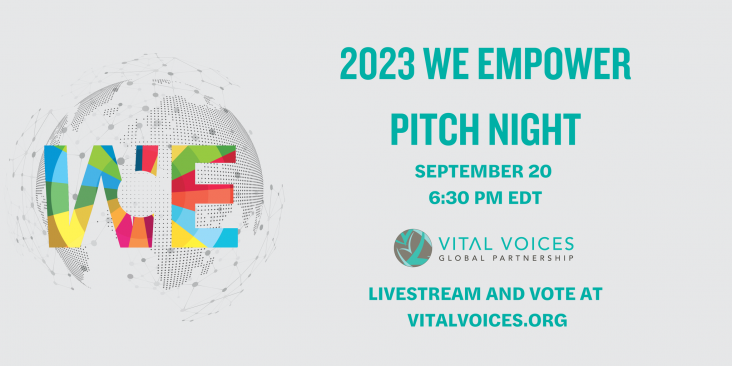Examines social equity dimensions of transport policies, including human rights to mobility and road safety. Assesses different governments' policy approaches in relation to these human rights.
This study aims to predict the risk of postpartum prediabetes in women diagnosed with gestational diabetes
Setting and updating information-sharing rules and security mechanisms with the participation of people can help reduce concerns and increase public trust. Healthcare policymakers can encourage the use of health IT in the prevention and treatment of diseases by providing relevant education and informing people.
Despite decades of focus on gender and skills training, the Technical and Vocational Education and Training (TVET) landscape in Sub-Saharan Africa remains deeply gendered and rooted in wider structures of patriarchal inequality and exploitation. Engaging with recent theoretical moves toward gender-transformative and gender-just TVET programming, this paper explores how a gradual revisioning of TVET can be mobilised to challenge broader gender inequality and discrimination in precarious settings.

In The World We Want we explore key themes related to the SDGs: leadership, innovation and youth. Dr. Márcia Balisciano, Global Head of Corporate Responsibility, interviews influencers and thought leaders across disciplines on key topics to achieve the global goals.
Hillis is Senior Technical Advisor at the President's Emergency Plan for AIDS Relief (PEPFAR), and Senior Research Fellow and co-chair of the Global Reference Group on Children Affected by COVID-19 at the University of Oxford, Oxford, UK.
UN's Summit of the Future 2024: Paving the Path for SDG Resources

WE Empower Pitch Night, hosted by Diane von Furstenberg, will be a dynamic evening event bringing together top business leaders, the media and other key influencers to participate in an innovative
This paper probed the potential of using vegetation cover as an ecological barometer to gauge the level of environmental damage and restoration in mining areas.

The 10th annual HPCC Systems Community Virtual Summit will kick off the week on October 2 with an exciting line up of speakers, sessions and engaging workshops.
